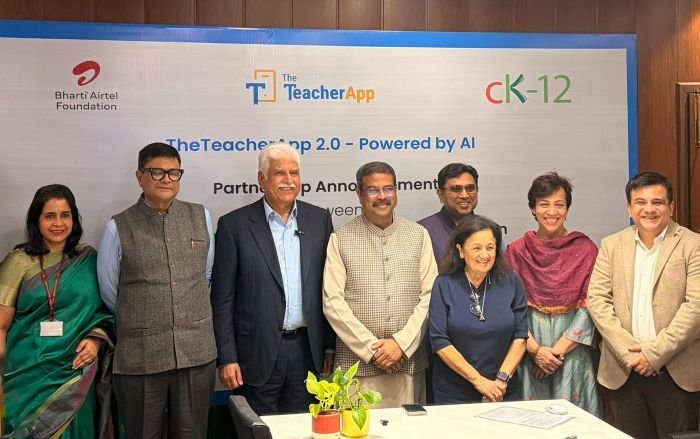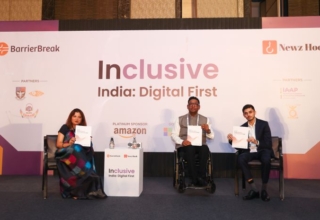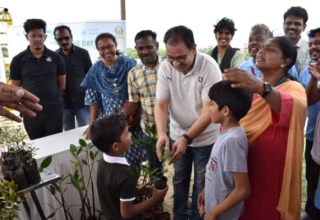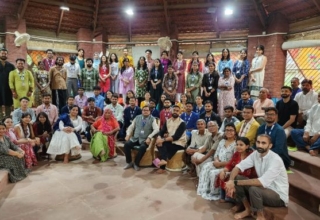As compared to academic courses such as Masters in Social Work (MSW) or MA in Development etc being taught in academic institutions for a long time in the country, development management is a novel and innovative concept of recent years. In fact, the three-year old Indian School of Development Management (ISDM) based in Delhi is perhaps the only disruption that is around in the domain. Mainstreaming ‘Development’ which otherwise means social sector in the economic development must be a priority if systemic issues are to be dealt with and collective wisdom of people have to become part of solutions to so many challenges around us.
Why people are not working in villages? How come there is not a single rural development innovation from ITI system for many years? And, why beneficiaries of a plethora schemes and projects haven’t become stakeholders? How about 2500 tree species going missing from biodiversity count and forgotten? These and several other questions must waken up our conscious and challenge our own wisdom to visualize a world and society we would like to leave for the future generations.
In order to bring to fore such a thinking and underline the need to pursue development management as a major study course, Indian School of Development Management initiated and marked February 1st as Development Management Day to highlight the importance of this idea and celebrate the amazing work done by development leaders and managers currently and over the years to come. Management steeped in the idea of universal human values, collaboration based on the principle of win-win and not win-lose, systems and design thinking for sustainable development is the goal of such a thought.
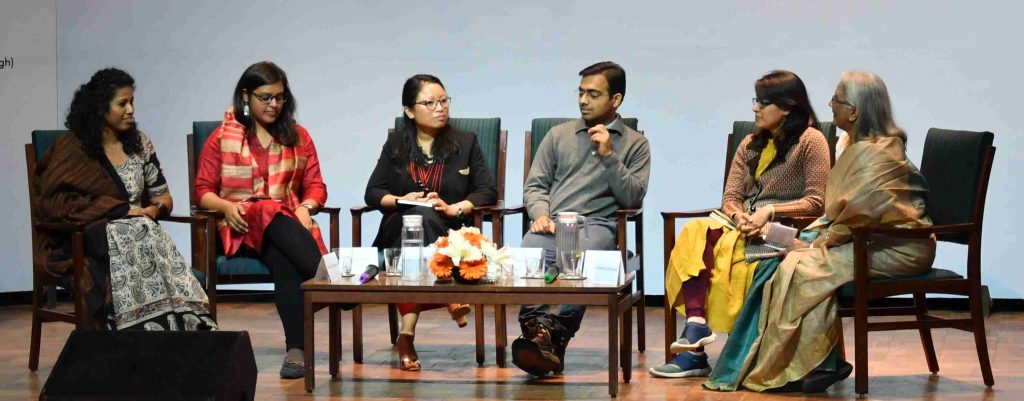
The inaugural Development Management Day, which coincided with founders day of ISDM was an outstanding package of keynotes from India’s three prominent Magsaysay Award winners— Rajendra Singh (Founder, Tarun Bharat Sangh), Harish Hande (Co-Founder SELCO), and Anshu Gupta (Founder and Director, Goonj). All the three made several important change making mentions.

Rajendra Singh who also goes by the name of waterman of India for his watershed work in Rajasthan, said that earth has caught fever and we must become compassionate to it and give up the greedy development. He lamented how indigenous knowledge and its system have been destructed. “I did my ‘PhD’ from a lay person who taught me in just seven words. Those words had the power to set me on change despite 377 cases filed against me. Our dams have no steel or concrete and yet they have withstood all and remained serving. We must see our common future through our eyes.”
Anshu Gupta, Founder and Director, Goonj recalled how he concluded that it was lack of clothing than winter disaster that brought misery on people and on the currency of cloths built his work. But then if there are no supporting ecosystems and recognition of ‘non issues’ the effort falls flat. He said, ” It is very easy to accept things the way they are and forget about the things that are wrong around us. It is very important that we throw away our distorted lenses and see the realities, understand the real issues that our people are facing. Are the problems because the system has failed? No, it is for us to change to be able to change things, raise our benchmarks and demand more. Our intentions are right and there is no dearth of resources in this country, but maybe we have not understood the actual issues people are facing.”

Harish Hande, Co-Founder, SELCO, said there is need to change the way we see ‘development’. ‘Development’ is not an afterthought; ‘Development’ is a necessity. Saying that Mahatma Gandhi will get nightmares if he sees the resent missing respectability for fellow human beings in the society, Hande reminded country ranks at 130th on the human development index even below Rwanda. “The fact is we are being subsidized by poor of this country. Educational racism is there and reflects in intellectual poverty. The opportunity for solutions to diverse problems lies in empowering the real people.”
With 3.3 million Non-Profit Institutions (NPIs) employing over 18.2 million people, supported by contributions from funders, enabling organisations, the government, and businesses, the Indian development sector is one of the largest and most active social economies in the world.
The keynotes were followed by engaging panel discussion in which young development sector leaders comprising Khushboo Awasthi (Co-Founder, Mantra for Change), Padmakshi Badoni (Azad Foundation), Shubhendu Sharma (Founder and Director, Afforestt), Wekoweu Tsuhah (Director Programmes, North East Network), Ravali Pidaparthi (Team Member Udhyam, Alumnus ISDM) participated.
Bringing up the need of promoting the spirit of agile learning and a key performing index and other management contours, these professionals discussed how leadership can add value to development sector.
Ravi Sreedharan, Founder and Director, ISDM said, “Development Management Day marks a new era in the making of conscious, responsible and professional Change Leaders. Development Management as a new discipline would require as its base high quality, world class institutions that can make a difference to the sector and society. These institutions will provide the much needed vibrant & active learning environment to the brightest minds passionate about social change. This makes it extremely important for India and the world to make Development Management mainstream and establish it as a meaningful profession. India is one of the best places to give shape and thought leadership for Development Management Discipline to the rest of the world, thus the most apt place for celebrating the first ever ‘Development Management Day’.”
Report by Autar Nehru


